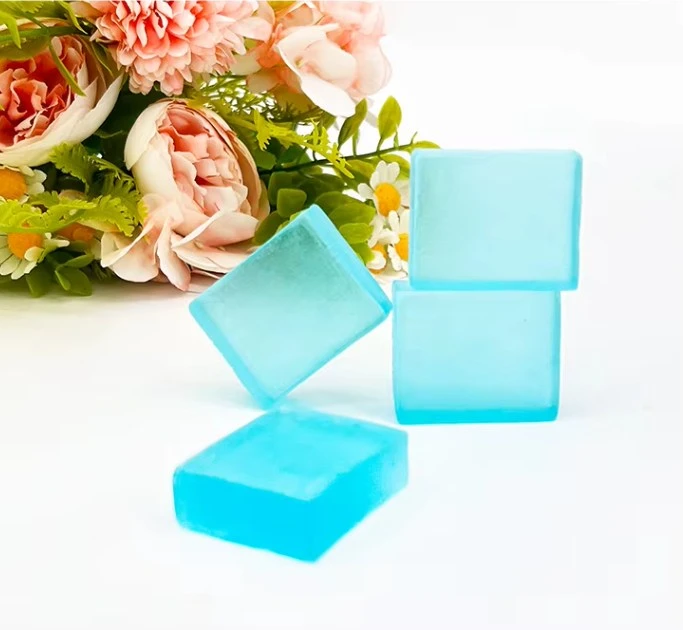When a person wants to launch new soap or detergent product, they maybe think it is better to produce big amount first. Many think that making large quantity means cost is low and more people can buy it fast. But this is not always good way. Small batch production can be smarter step, especially when product is new and market is not tested yet. It can help reduce risk, save money, and give more real information from users before going to scale.
In beginning stage, many ideas about product are based on what we hope or guess. We think people will like the scent or the texture, or maybe the packaging will attract them. But real customers sometimes give different feedback. With small batch, we can test this feedback in real time. For example, when working with a bath soap manufacturer, you can make small batch to see how people feel about smell, softness, how it looks after many days, and other things. This is better than guessing. You can change things if customers not happy, and you do not waste much.

One more reason to try small batch first is that we see if product is stable. Maybe soap looks nice after made, but later it becomes soft or color changes. Small test order helps to check this before it goes to full market. Also, when making detergent, there are many technical parts. Detergent must clean well, but also stay clear or not separate. Sometimes one ingredient works good in small mix but not same in big quantity. By working with experienced detergent manufacturers, these things can be seen early and fixed in right time.
When we make small batch, we also check if our partner in production can do things in right way. Many suppliers say they can do good job, but only when we try them with small job, we know their real skill. A bath soap manufacturer may say they can make custom order, but maybe they cannot handle special formula or special shape. This is better to know before we sign big order. It helps us not only test product, but also test the factory.
Packaging is another thing we understand better in small batch. Sometimes label does not stick well, or bottle leaks, or box is weak. These problems are not easy to see just by talking or planning. Small batch makes us test this in real, with real packing and real transport. If there is issue, we fix it before big damage happens. This way, we do not lose money or make bad image with customer.
Also, raw materials are important. In small batch, we check if the ingredients we use are easy to buy again. Some oils or scents may be good but hard to find always. If your product idea depends on ingredient that has season problem or price issue, then full production may face delay or cost jump. Working with detergent manufacturers in small batch helps check this before scaling up.



